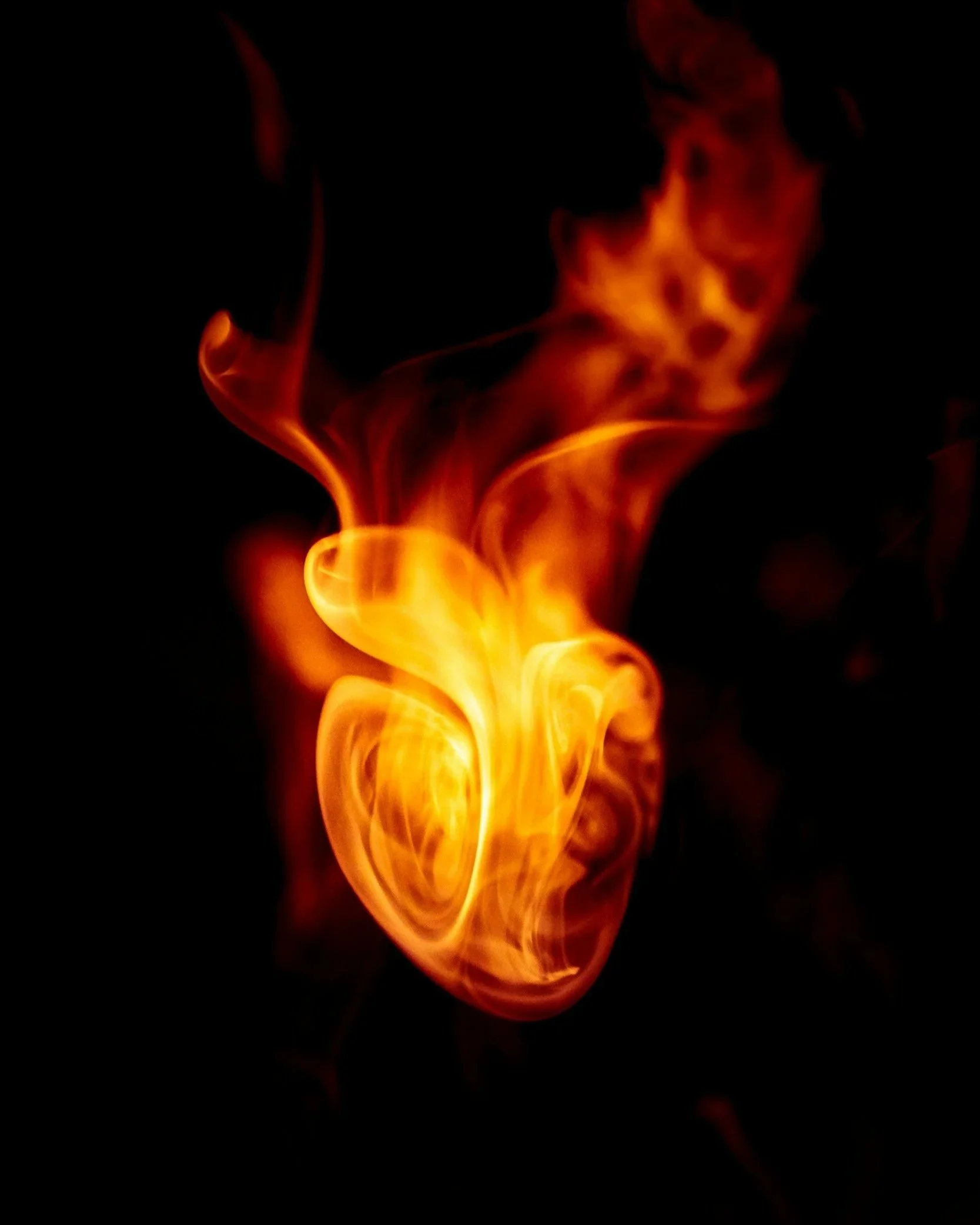Drawn to the Flame: When You're Attracted to People Struggling with Addiction
It’s a phenomenon more common than most realize: individuals who find themselves repeatedly drawn to partners battling alcohol or substance addiction. Not just once, but as a recurring pattern. As an addiction specialist, I can say—this isn’t about “bad luck” or chance. There's often a deeply rooted psychological landscape behind the attraction. And most importantly, healing is possible.
Understanding the Attraction: What's Going On Beneath the Surface
People who feel magnetically pulled toward addicts often describe intense chemistry, emotional highs, and a longing to “save” or be needed. Here’s what might be playing a role:
1. Unresolved Childhood Dynamics
Many are subconsciously recreating family systems—perhaps growing up with a parent who struggled with addiction or emotional inconsistency.
There's an attempt to “fix” what couldn’t be fixed in childhood, believing love can heal what trauma left behind.
2. Codependency
The need to feel needed, useful, or validated through another’s struggles is hallmark of codependent behavior.
These individuals may prioritize others’ needs over their own, often at the expense of emotional well-being.
3. Low Self-Worth
People sometimes gravitate to chaotic relationships believing it’s all they deserve, or fearing stable ones will expose their vulnerabilities.
4. Rescuer Identity
Some feel empowered in roles where they are the caregiver, problem-solver, or emotional anchor.
Addiction dynamics intensify this identity, creating a cycle that’s hard to break.
5. Trauma Bonding
Unpredictable highs and lows in relationships with addicts mimic the effects of trauma bonding—where pain and affection are intertwined.
This can create a powerful (but harmful) emotional attachment.
How to Heal: Steps Toward Breaking the Cycle
The first step is realizing this pattern isn't about blame—it's about awareness and compassionate self-understanding.
Therapeutic Support
Individual therapy (e.g., CBT, psychodynamic) can help uncover the deeper roots of attraction and develop healthier relationship models.
Trauma-informed therapy is especially beneficial for those with unresolved childhood experiences.
Support Groups
CoDA (Codependents Anonymous) offers peer support for people with recurring attraction to emotionally unavailable or addicted partners.
Al-Anon helps those affected by someone else’s drinking.
Build Relationship Literacy
Learn to spot red flags early—such as denial, manipulation, or inconsistent behavior.
Practice boundary-setting and emotional detachment with compassion.
Reframe Attraction
What feels exciting or familiar may not be healthy. Therapy helps distinguish between real connection and trauma-driven chemistry.
Reconnect with Self
Meditation, journaling, and solo exploration of hobbies and passions help rebuild identity beyond relational roles.
Final Reflection: You Deserve Healthy Love
Being attracted to addicts isn’t about weakness—it’s often about woundedness. Healing that wound requires bravery, insight, and a lot of self-compassion. The goal isn’t to judge yourself for who you’ve loved, but to learn to love yourself more fiercely.
Healthy relationships aren't devoid of intensity—they're just not laced with chaos. You deserve connection rooted in safety, not survival.

